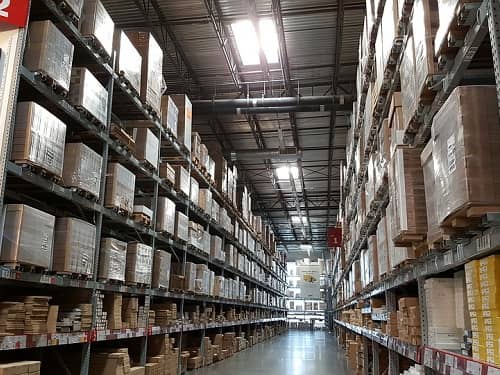- Articles ›
- Operations and IT ›
- Impact of Digital SCM in Modern Business Articles
Impact of Digital SCM in Modern Business
For every business, scm or supply chain management becomes pivotal for carrying out daily business operations. From data management to storage to managing inventory etc are all under the purview of supply chain management. Companies are proactively taking up newer techniques & methods to improve existing processes and this is where digital scm has an important role to play.
With the growth & ease of availability of internet and tech devices, companies are making conscious efforts to digitize all possible operations. Traditional supply chain requires a lot of manual work and consumers a lot of man hours also. Maintaining records manually, accumulating data, keeping track of inventory etc becomes a big task. With supply chain management tools & softwares, companies can keep track of all operations real time & can improve the response time for business actions.

Image: pixabay
These days companies try to create a robust digital supply chain model by using IOT as an important ecosystem. The digital scm consists of hardware, software, connectivity among all stakeholders and other advanced tools & technologies which help in creating an end to end supply chain. At all levels, the entire unit or team can keep track of business operations, real time data checks and can also access past historic data. This gives tremendous power to the employees and the company and can be used for measuring efficiency & productivity.
There are several applications of digital scm in modern business. Some of the key activities which are streamlined by digitizing processes are:
1.Warehouse management – The amount of goods or products in a warehouse or the pace available etc can be managed electronically through RFID tags.
2.Inventory management – How many goods are being consumed and which area, or how many goods need to be replenished etc are analyzed through analytics.
3.Logistics management- Tracking of trucks, trains or other logistics can be done real-time
4.Tracking of goods and assets – Quality of products, damage in goods etc can be monitored to ensure minimal damage and highest quality
5.Connectivity amongst production units – Different factories, production units etc can be connected amongst each other
6.Raw material management – Volume of raw material required for production, reduction of waste etc can be evaluated by using analytics
This gives power to companies to ensure that all departments are connected. So much so, that other departments like marketing, sales, finance etc can also access all this information and plan with their requirements & resources accordingly.
Digital supply chain management has a significant role to play across various industries where currently traditional scm models are functioning. Some key industries which can be benefitted are food, mining, retail, pharma etc. Integration of IoT tools with data analytics can improve supply chain and ensure higher & quicker productivity in these critical sectors. Big data analytics, artificial intelligence, machine learning etc are some tools & software which are gradually finding their way in business operations. These can be costly initially to implement & understand but in the long run prove to be a big boon for an operations-based company.
The article has been authored by the editorial team. The content on MBA Skool has been created for educational & academic purpose only.
If you are interested in writing articles for us, Submit Here
Share this Page on:
What is MBA Skool?About Us
MBA Skool is a Knowledge Resource for Management Students, Aspirants & Professionals.
Business Courses
Quizzes & Skills
Quizzes test your expertise in business and Skill tests evaluate your management traits
All Business Sections
Write for Us